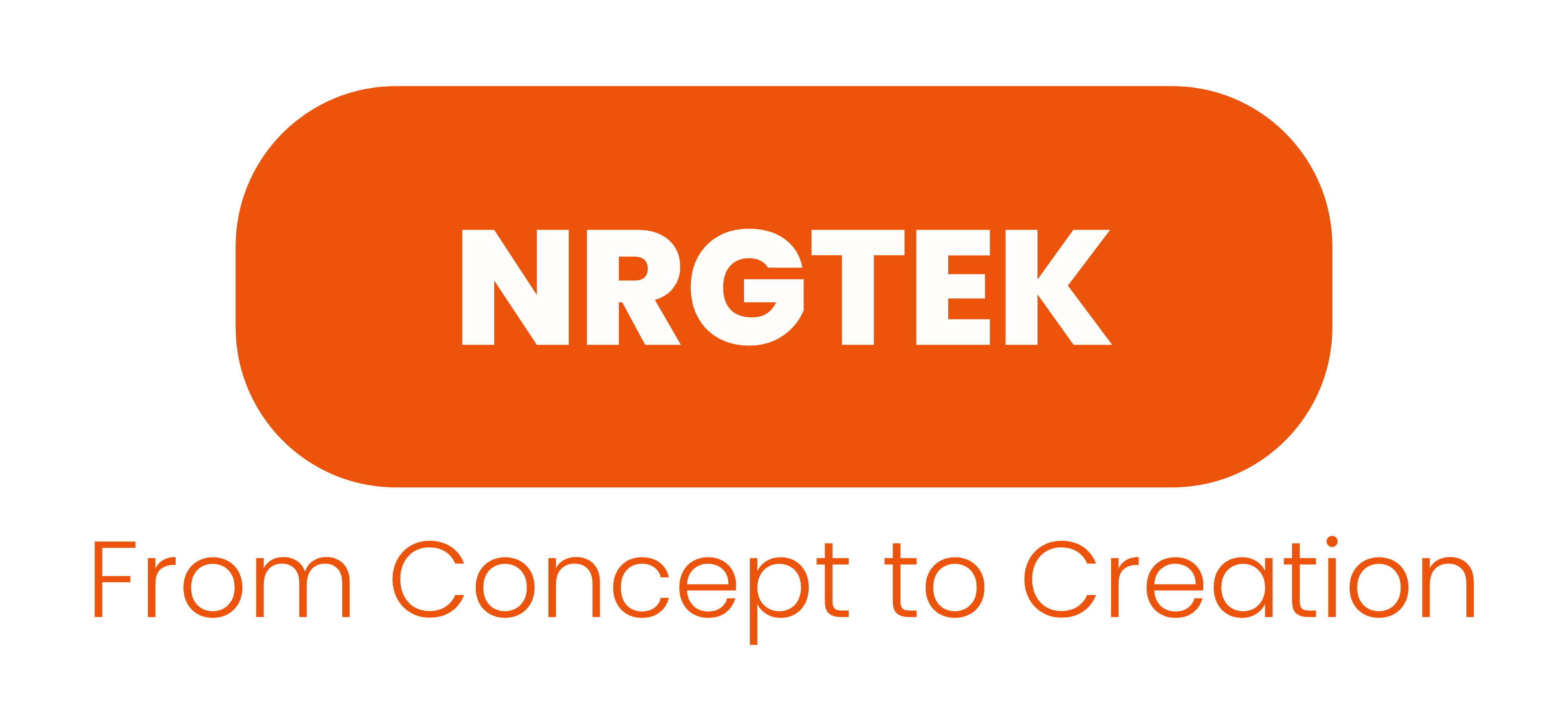
Choosing the appropriate contract type is essential when starting a construction project in British Columbia to guarantee that everything goes according to plan, stays within budget, and meets all requirements. The construction contract you select will dictate how risks are distributed, how expenses are controlled, and how the project moves forward. You may make an informed choice depending on the particular requirements of your project by being aware of the several kinds of construction contracts that are available in BC, including time and materials, cost-plus, and fixed-price contracts.
In this article, we’ll walk through the key contract types, their advantages and disadvantages, and the factors you should consider when choosing the right one for your BC construction project.
1. Fixed-Price Contract (Lump-Sum Contract)
What It Is:
A fixed-price contract is one in which the contractor commits to finishing the project at a preset, mutually agreed upon cost. For projects where the scope of work and specifications are clear and well-defined from the beginning, this price is perfect because it is fixed regardless of the actual costs spent during construction.
Advantages:
- Predictable Costs: The primary benefit of a fixed-price contract is that you know the total cost upfront. This provides clear budget expectations and minimizes financial uncertainty.
- Lower Risk for the Client: Since the price is fixed, the contractor assumes the risk of cost overruns. This means the contractor has a strong incentive to complete the project efficiently.
- Simplicity and Transparency: A fixed-price contract is straightforward, which can simplify the management of the project, as it typically doesn’t require ongoing cost tracking or adjustments.
Disadvantages:
- Limited Flexibility: If changes to the project are required (e.g., design modifications), the fixed price can increase, and adjustments may be necessary. This could lead to delays or disputes if change orders aren’t managed carefully.
- Potential for Lower Quality or Shortcuts: To stay within the agreed price, contractors may take shortcuts or use less expensive materials, potentially impacting the quality of the work.
Best For:
- Projects with a well-defined scope and limited possibility of changes or surprises.
- Smaller projects or renovation work where the plans are clear from the beginning.
2. Cost-Plus Contract
What It Is:
The client agrees to pay the whole cost of construction (materials, labor, etc.) plus an extra sum to cover the contractor’s profit and overhead under a cost-plus agreement. The charge may be a set sum or a predetermined percentage of the expenses.
 Advantages:
Advantages:
- Flexibility: If the project’s scope changes or unforeseen difficulties emerge, a cost-plus contract provides for flexibility. The client does not need to renegotiate the entire contract in order to approve adjustments as needed.
- Transparency: You get a clear picture of how money is being spent because you are only paying for the real expenses incurred, which can promote confidence with the contractor.
- Quality Assurance: Since contractors are compensated for their expenses, they might be more likely to use premium supplies and knowledgeable workers, which could result in a higher-quality end product.
Disadvantages:
- Budgetary uncertainty: Although the true costs are known, there is a chance that the final cost will be more than anticipated, particularly if the project scope is poorly managed.
- Less Control Over Costs: The total cost will increase as the project takes longer or more changes are made. In order to prevent cost inflation, clients must closely monitor the process.
- Complexity of Management: To keep the project on schedule, the customer may need to devote more time to overseeing the work and keeping track of spending.
Best For:
- Large, complex projects where the scope is difficult to define upfront, or where changes are expected throughout the construction process.
- Projects that require flexibility due to evolving designs or unforeseen challenges.
3. Time and Materials Contract
What It Is:
A time and materials contract combines the elements of cost-plus and fixed-price agreements. The contractor gets compensated according to the cost of the materials used and the amount of time spent on the project (either on an hourly or daily basis). In order to compensate the contractor’s costs, this kind of contract frequently included a markup on materials.
Advantages:
- Great for Uncertain Scope: Projects like renovations or smaller-scale construction projects, where the precise scope of work is unknown, benefit from this contract. It is adaptable enough to meet unforeseen or changing needs.
- Control Over Progress: You have more control over the project because you are paying for supplies and time, thus you can decide to stop work at any point if expenses are going over budget.
- Transparency: You can more readily track the progress and know exactly what you’re paying for, much like with cost-plus contracts.
Disadvantages:
- Unpredictable Costs: Expenses might mount up rapidly if the project takes longer than anticipated or calls for more materials. Financial instability may result from not having a set budget.
- Limited Incentive for Efficiency: Because the contractor’s compensation is determined by the amount of time and materials consumed, they might not be motivated to finish the project promptly or effectively.
- Ongoing Monitoring: Like cost-plus contracts, this sort of arrangement demands close attention from the client to verify that work is advancing as intended and that expenses are kept under control.
Best For:
- Projects with uncertain scope or designs, such as custom-built homes or major renovations where specific details are yet to be defined.
- Small projects where a flexible approach is needed, and the budget is more adaptable.
4. Unit Price Contract
What It Is:

A fixed price is paid to the contractor for each completed unit of work under a unit pricing contract. When there are repetitive activities or when the entire amount of work can be predicted but not fully quantified at the beginning of the project, this sort of contract is usually utilized.
Advantages:
- Flexibility with Scope: When the scope is loosely stated yet subject to alter as the project develops, this contract is helpful. It’s simpler to handle changes in scope because you only pay for the job that is finished.
- Transparency: Similar to time and materials contracts, you can see the costs as they mount up and manage project modifications with flexibility.
Disadvantages:
- Potential of Misalignment: The project may end up costing more than anticipated if the unit pricing is established improperly or if quantities are miscalculated.
- Uncertainty in Total Costs: Although unit pricing offers flexibility, it could be more difficult to estimate the project’s total cost until considerable work has been done.
Best For:
Large-scale projects that involve several repetitive tasks, like utility installation, landscaping, or road construction, can readily be divided into quantifiable pieces even though the scope may vary.
How to Choose the Right Contract for Your BC Project
Selecting the right construction contract for your project depends on several factors, including:
1. Scope of Work and Clarity of Plans
A fixed-price contract can be the best option if the scope of your project is clearly specified and unlikely to alter. For projects with unpredictable scope or anticipated adjustments, a cost-plus or time-and-materials contract might provide the flexibility you require.
2. Budget and Risk Tolerance
A fixed-price contract offers the most assurance if you have a limited budget and wish to reduce your risk of cost overruns. A cost-plus or time-and-materials contract, however, can be more advantageous if you’re willing to accept possible cost variations in return for flexibility.
3. Project Complexity
Cost-plus or unit price contracts are frequently advantageous for complex or large-scale projects because they provide greater flexibility in handling unforeseen obstacles. To keep things straightforward and economical, smaller or simpler projects could be better suited for a fixed-price contract.
4. Time Sensitivity
A fixed-price contract can encourage the contractor to perform well if you have a tight deadline and are certain of the project’s scope. However, a cost-plus or time-and-materials contract can be appropriate if scheduling is less of a concern.
Conclusion
For any project in British Columbia, selecting the best construction contract is crucial to ensuring that it is finished on schedule, within budget, and to your satisfaction.
You can choose the kind of contract that best meets your goals by taking into account variables like project scope, financial flexibility, risk tolerance, and complexity. Working with an experienced construction lawyer or project manager may help you negotiate the process and guarantee a successful project, regardless of the type of contract you have: time and materials, cost-plus, or fixed-price.










